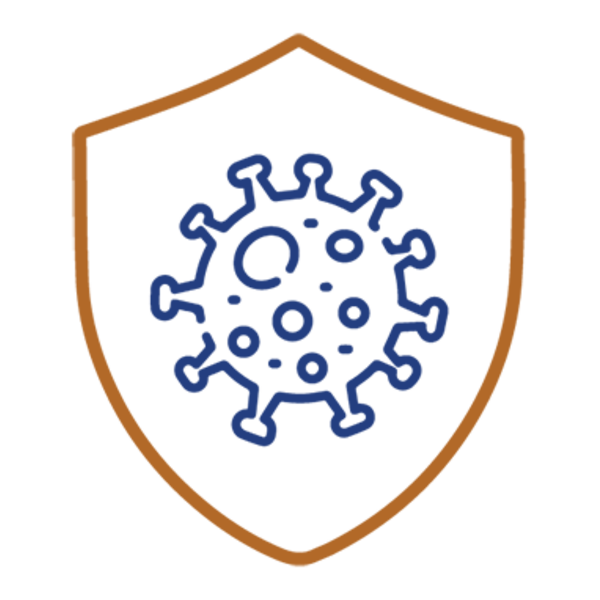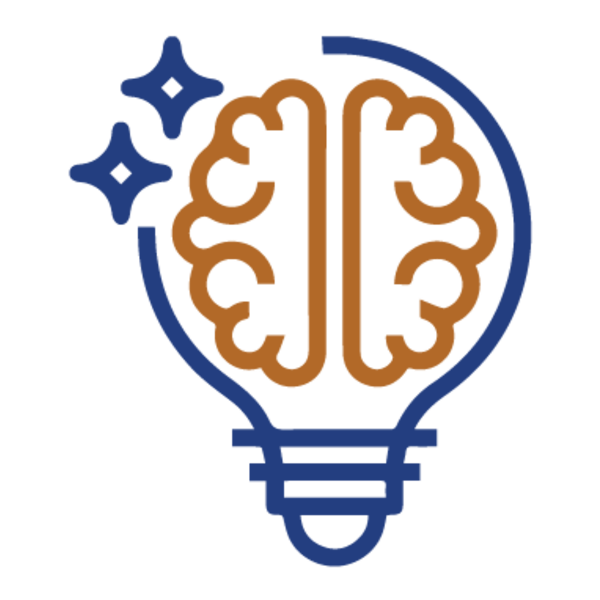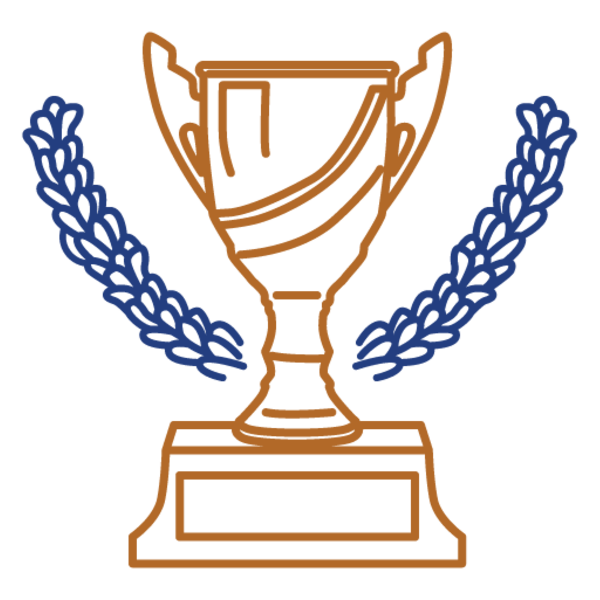A Message from the Associate Dean, MD Program

In the MD Program, the 2020-21 academic year ended early for some as the COVID-19 pandemic became a global health emergency. For others, it paused in uncertainty and then eventually resumed, albeit in modified circumstances.
Our dedicated faculty, staff and student leaders worked tirelessly to minimize the impact of public health restrictions on learning. We strove to meet the challenges of medical education as our short-term responses evolved into longer-term adjustments.
Through it all, the MD Program remained committed to ensuring continuity for learners, including opportunities for our students to attain the clinical competencies necessary for their next phase of training. In just under a week, we pivoted to online learning and hybrid delivery of curricular components like anatomy and clinical skills.
The innovations we introduced over the last five years through the Foundations program, as well as those we’re working to implement in Clerkship, facilitated this swift response.
Our ability to adapt in the face of pandemic uncertainty was built and supported by dedicated faculty members across Temerty Medicine. Thanks to their ongoing efforts, we are able to create and share knowledge throughout our network of clinical and educational partners.
Professor Marcus Law
Associate Dean, MD Program
Temerty Faculty of Medicine

COVID-19 Adaptations
Over the 2020-21 academic year, the MD Program embarked on a series of pivots to ensure that our students had the best possible learning experiences in the face of challenging circumstances. Some of these efforts are summarized below.
Foundations – Anatomy
Anatomy instruction in the Foundations Curriculum is normally taught through a combination of in-person dissection labs and e-modules. Social distancing requirements necessitated a switch to a blended approach. In addition to anatomy e-modules, students were provided with a subscription to Acland’s Videos and Complete Anatomy, an online education resource that provides learners with comprehensive and interactive anatomy instruction. Faculty members developed a set of more than 20 virtual tutorials, facilitated by teaching assistants, to provide additional support to groups of approximately 35 students. The program began to offer optional, in-person labs with advance sign up and capacity restrictions. Anatomy assessments moved online in place of traditional lab bell-ringers.
Foundations – Clinical Skills Catch-up
When in-person learning was suspended in March 2020, Foundations students were not able to participate in in-person clinical skills instruction. Alongside the Year 3 cohort’s Transition to Clerkship course in August and September, clinical skills catch-up learning activities were provided to ensure that students’ clinical competencies were observed at the level expected of a newly minted Year 3 clerk. Students met in small groups, and were led by an experienced tutor for two half-days (Year 2) or four half-days (Year 1) of intensive and immersive clinical skills sessions, including formative feedback. Year 2 students also rejoined their Integrated Clinical Experience groups in April and May of 2021 to participate in four paired physical examination practice sessions, including tutor feedback.
Clerkship – Return to Clerkship
Clerks in Year 3 experienced a pause in their hospital-based clinical learning experiences. Though virtual learning continued while in-person clinical activities were suspended, it was clear that additional supports were needed to help clerks reintegrate into the clinical environment. A week-long Return to Clerkship curriculum was implemented to provide students with the knowledge and skills required to ensure patient and student safety upon re-entry to clinical sites. The curriculum included critical training on PPE donning and doffing and a refresh of anesthesia, emergency medicine and surgery technical and procedural skills. MD Program teachers drew on the knowledge and research of the early months of the pandemic to deliver content specific to COVID-19, including ethical considerations in treating patients and the provision of virtual care.
Clerkship – Virtual iOSCE
Classroom and bedside instruction were far from the only aspects of MD Program teaching and learning that required adjustment during the COVID-19 pandemic. We adjusted our assessments to ensure social distancing requirements could be observed. At the same time, we provided students with formative feedback and ensured effective assessment of MD Program competencies. Nowhere was this more in evidence than in the shift to a virtual format for the Integrated Objective Structured Clinical Examination (iOSCE) for Clerkship students. In cooperation with the MD Office of Assessment and Evaluation, faculty administrators worked quickly to adjust the iOSCE stations to ensure that essential competencies could be accurately observed and measured in a virtual environment. The MD Program utilized its partnership with the Standardized Patient Program to ensure the availability and training of simulated patients for the successful administration of the iOSCE.

Program Innovations
Included below are summaries of two innovations, one intended to support students coming into the MD Program and the other to help prepare students for their journey through the program and into the subsequent stages of medical education.
Admissions – Video Interviewing
Building on its history of innovation using the Modified Personal Interview (MPI) for admissions, the MD Program embraced remote interviewing for all applicants. During the 2021 admissions cycle, the entire cohort of more than 600 applicants to the MD and MD/PhD degrees completed a new Virtual Modified Personal Interview (vMPI). What began as a quick transition from traditional on-campus interviews in the middle of a pandemic-interrupted application cycle became the standard for all admissions interviews.
Over the course of three days, each MD interviewee participated in two asynchronous sets of interviews using the VidCruiter platform. Aspiring MD/PhD students completed one asynchronous and one synchronous interview each. As with the traditional MPI, the vMPI consists of four independent interviews assessed by four different raters closely related to the University of Toronto MD Program.
Career and Electives Advising – ACT Leads
On August 1, 2020, the MD Program welcomed five Academy Career and Transitions (ACT) Leads as a key members of the career advising system. These academy-based physician faculty members – two at Wightman-Berris and one at each of the other academies – provide timely, equitable, and consistent guidance on career and electives planning for students at all stages of the program. In their first year, the ACT Leads organized mandatory advising sessions with students at the anchor clinical sites associated with their academies. Building upon existing career advising supports and programming, the ACT Leads are available to meet one-on-one with students in their off-campus academy sites for confidential electives and CaRMS match advising and counseling. This embedded approach to career and electives advising will enable the program to monitor and respond to emerging student concerns on career advising and preparation for the residency match.

Education Scholarship
The MD Program supports the development of evidence-based best practices for pre-clinical and clinical learning, as well as assessment methodologies and program evaluation. MD faculty and administrators collaborate on research projects across a number of different disciplines. Our faculty are sought after for their expertise in medical education, and regularly present at internationally known conferences, such as the Canadian Conference on Medical Education and the Association for Medical Education in Europe.

Awards
The MD Program recognizes that teaching and mentorship are central to our success. We administer several awards as part of our commitment to support and recognize excellence and leadership in education.
The W. T. Aikins Awards are the Temerty Faculty of Medicine's most prestigious awards for sustained commitment and excellence in undergraduate teaching.
The Miriam Rossi Award for Health Equity in Undergraduate Medical Education recognizes MD Program faculty members and administrative staff for their commitment to diversity and health equity.
The Norman Rosenblum Award for Excellence in Mentorship in the MD/PhD Program recognizes faculty members, residents or administrative staff who exhibit an exemplary level of leadership and commitment to mentorship and role modeling for MD/PhD students in the Temerty Faculty of Medicine.
The Excellence in Resource Stewardship Teaching Award in the MD Program was established in 2021. It recognizes faculty members and postgraduate trainees (residents and fellows) who mentor learners in concepts of resource stewardship and demonstrate exemplary resource stewardship in their own clinical practices.
In 2020-2021, the MD Program awarded the following:
| Name of Award | Recipient(s) |
|---|---|
| W.T. Aikins Awards |
Clerkship Tamina Eapen Course/Program Development and Coordination Seetha Radhakrishnan Development and Use of Educational Innovations Laurence Brio, Joyce Nyhof-Young and the LGBTQ Clinical Skills Team |
| Miriam Rossi Award for Health Equity in Undergraduate Medical Education |
Anita Balakrishna Joyce Nyhof-Young |
| Norman Rosenblum Award for Excellence in Mentorship in the MD/PhD Program |
Allison J. McGeer Aaron D. Schimmer |

